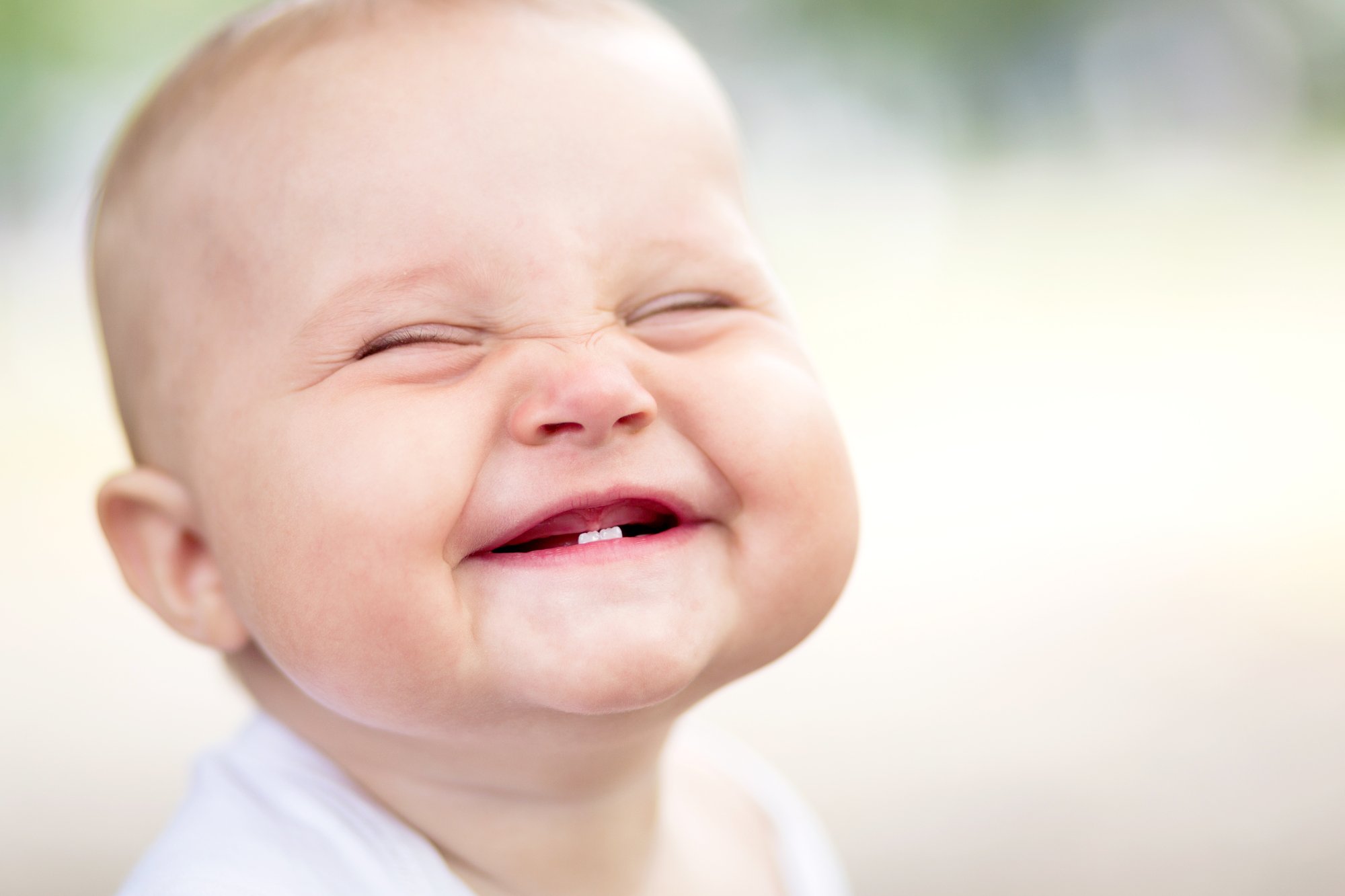
Many parents wonder why their children’s baby teeth are important since those teeth will eventually fall out. Even though baby (or primary) teeth are replaced with adult teeth, primary teeth are still important and directly impact your child’s development and health.
1. Jaw Development and Dental Alignment
Baby teeth hold space in your child’s jaw as permanent, adult teeth grow underneath the gums. After the baby teeth fall out, their position helps guide the adult teeth into place. They aid in developing jawbones and facial muscles that support children’s faces to look more balanced and functional. Also, straight teeth are easier to clean because they have fewer nooks and crannies that can trap disease-causing bacteria and food particles.
2. Cavities and Gum Disease
Baby teeth must be taken care of with regular dental exams, low sugar and carb diet, and at-home oral hygiene routines. These practices help prevent the development of gum disease by reducing plaque (a sticky bacterial film). Bacteria overgrowth, poor oral hygiene diets, and high in sugars and starches put children at risk for dental decay and gum infections.
Cavities
In March 2021, the Australian Institute of Health and Welfare reported that around 4 in 10 Australian children aged 5-10 experienced cavities in their baby teeth. Cavities are a dental infection that enlarges over several months or years and may cause a need for baby root canals and crowns. Additionally, cavities can cause discomfort and swelling.
Gum Disease
Gingivitis is the mildest form of gum disease and affects 21.8% of Australian children. Gingivitis is caused by plaque buildup on the teeth. Over time, oral infection migrates to the gums and causes inflammation, swelling, and bleeding. Gingivitis is treatable and reversible with professional dental cleanings and efficient, consistent brushing and flossing.
3. Eating
Digestive System
The first step of digestion begins in the mouth. Chewing foods thoroughly breaks up foods so that they can be digested easier. Damaged teeth and dental pain can make it more challenging to chew. When children swallow their food too quickly and without chewing correctly, they risk choking and extending the digestion process.
Nutrition
Also, a versatile, nourishing diet is filled with a cornucopia of textures and flavors. Unfortunately, chewy, coarse foods can be difficult to bite and chew if the teeth feel sore. Also, spicy, acidic foods can aggravate toothaches. When kids restrict their diets due to dental pain, it can be more challenging to achieve their nutritional goals and become picky eaters.
4. Speaking
When the teeth don’t align properly, kids have a higher risk of developing speech problems. Again, baby teeth guide teeth into their permanent position. Overbite, overcrowding, and gapped teeth can create various speech problems, including lisping, whistling sounds, and general distortion of letter sounds. Speech impediments can make it more difficult for others to understand them.
Additionally, self-esteem in children is associated with how they view themselves, competence, and acceptance. When kids don’t feel confident in their voice, they may consider themselves less capable than their peers.
Schedule a Children’s Dentistry Visit in Coffs Harbor
Starting your infant off with good oral care can help protect their teeth for the rest of their life. Dr. Arpit Pathak supports parents in taking care of their children’s teeth with checkups, cleanings, patient education, and preventative treatments. Schedule your child’s first dental exam with an experienced Coffs Harbor dentist by calling (02) 6652-3242 or messaging us online at your earliest convenience.


